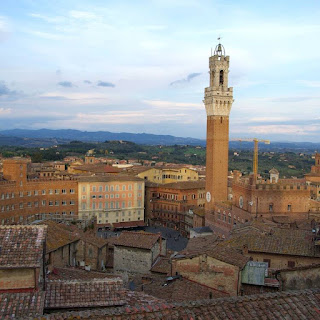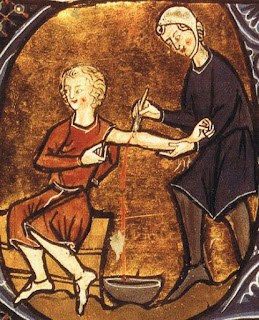His small force met up with others: Francesco I of Lesbos and the King Louis I ("the Great") of Hungary. Together they drove the Turks from Gallipoli (but a few years later it was back in Turkish hands).
Then John V was captured by Bulgaria, and Amadeus responded by capturing some Bulgarian ports on the Black Sea. The emperor of Bulgaria, Tsar Ivan Alexander, had actually supported John V years earlier during his regency in exchange for some important fortresses. Amadeus' threat to Ivan Alexander, to release John or be attacked, resulted in John's release. The cousins spent Christmas together at a port on the Black Sea.
Back home, Amadeus established a method of relief for impoverished citizens, a welfare system that was one of the first of its kind. He also had a mechanical clock set up in public in 1377, with an officer to keep it running.
In 1381 he mediated between Genoa and Venice to set terms that ended their very long conflict. The two maritime republics compromised over control of the island of Tenedos by giving control of it to Amadeus. He relocated all the inhabitants (who were compensated financially) and destroyed all the structures (paid for by Genoa).
A year after he negotiated the Treaty of Turin, he joined (antipope) Pope Clement VII and Louis of Anjou in an attempt to free Queen Joan I of Naples from the rival pope, Urban VI. On this adventure Amadeus became ill and died. He was succeeded by his son, Amadeus VII.
Who was Amadeus VII's mother? Tomorrow I want to go through the many engagements Amadeus went through before he finally agreed to marry someone.




